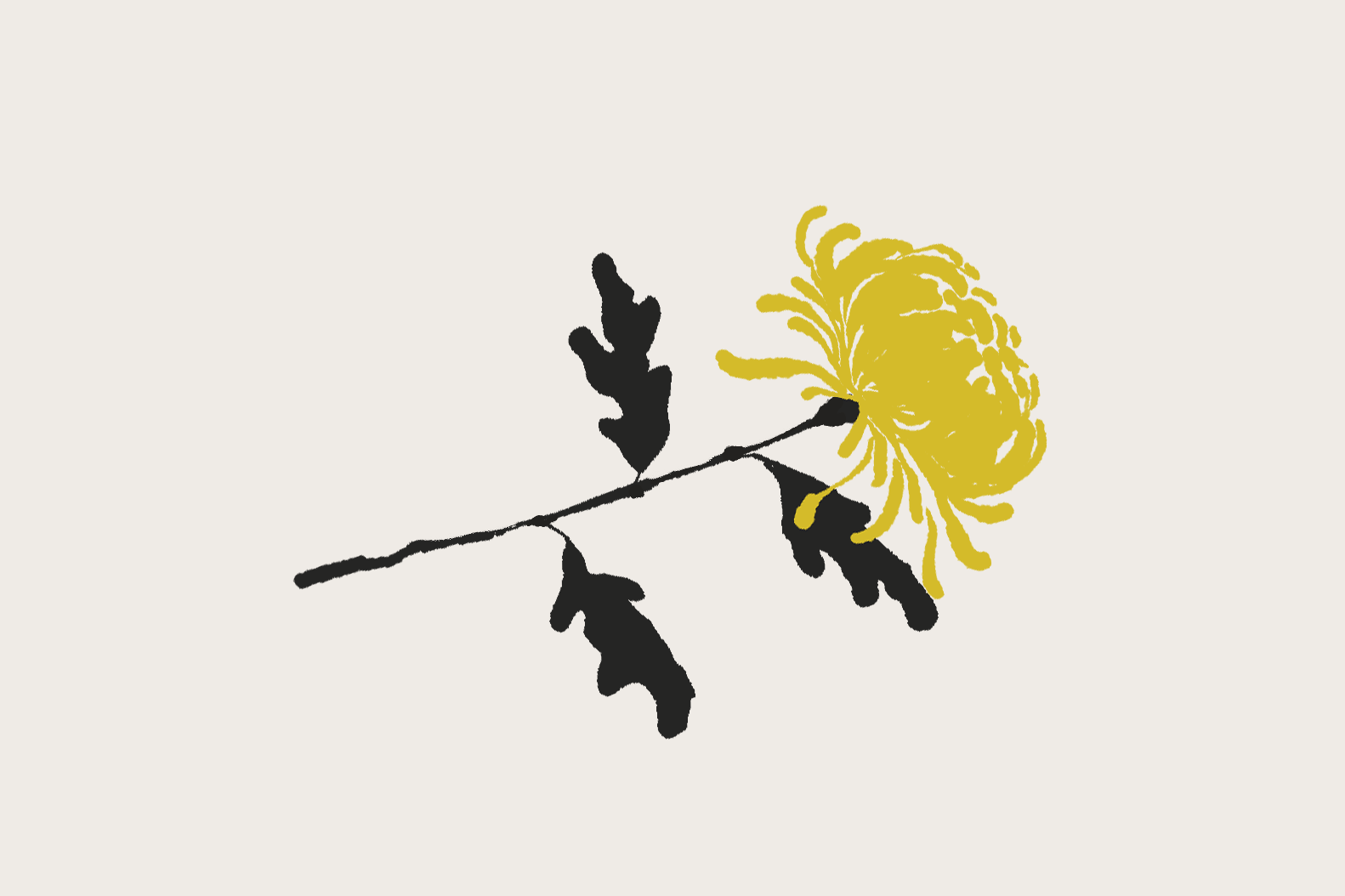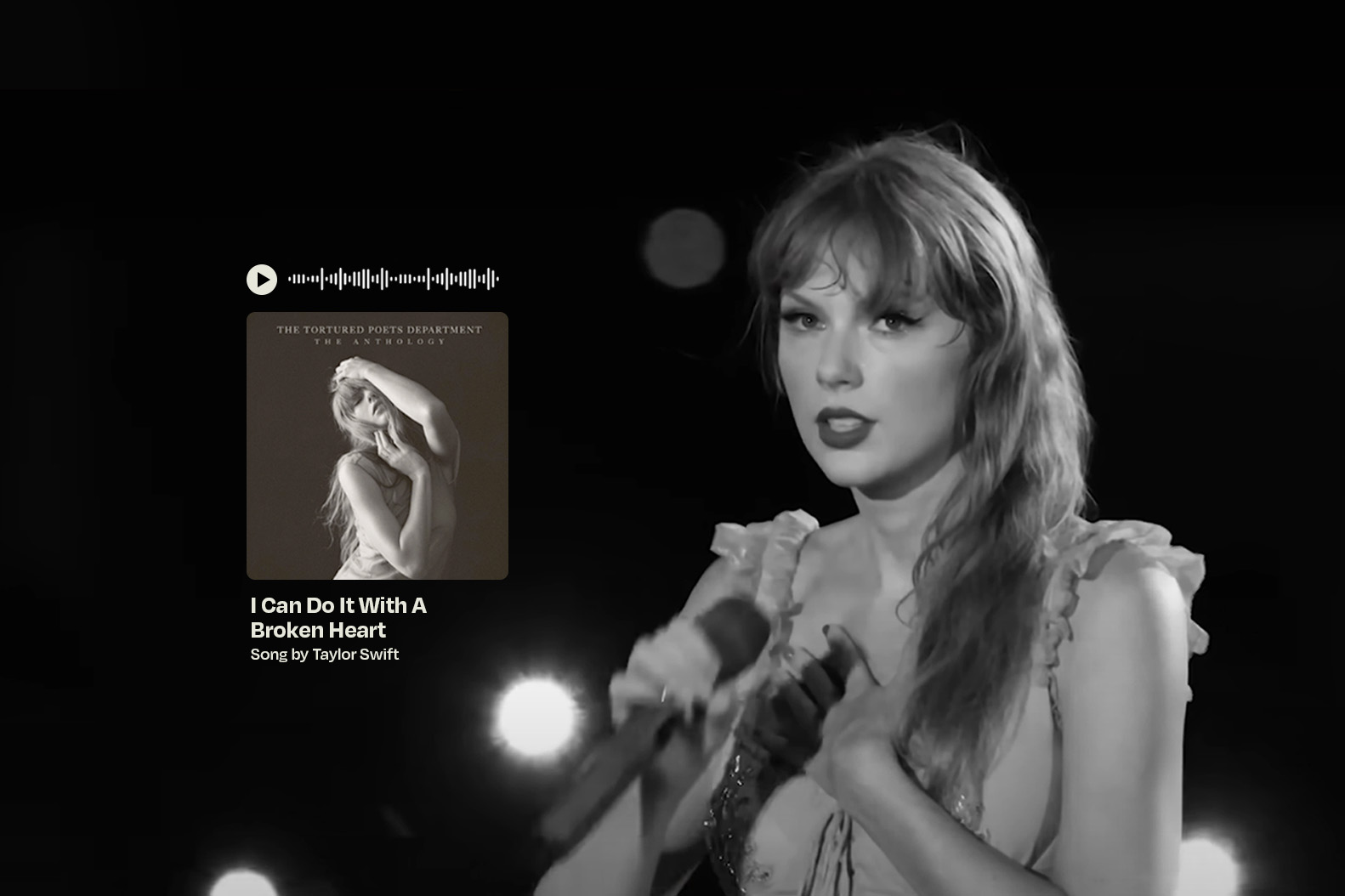Qingming Festival (清明节), or Tomb-Sweeping Day in English, is a traditional Chinese festival where families gather to visit and clean the tombs of their ancestors and make ritual offerings there.
In Singapore, Chinese families often mark the day by heading down to the various columbariums and cemeteries across the island. Apart from laying flowers and cleaning niches, some families also give offerings and burn incense.
When I was younger and first heard that some of my classmates would spend Qing Ming at the columbarium, I was intrigued. Coming from a family that rarely took part in Qing Ming, the idea of paying respect to family members who had passed on was foreign to me.
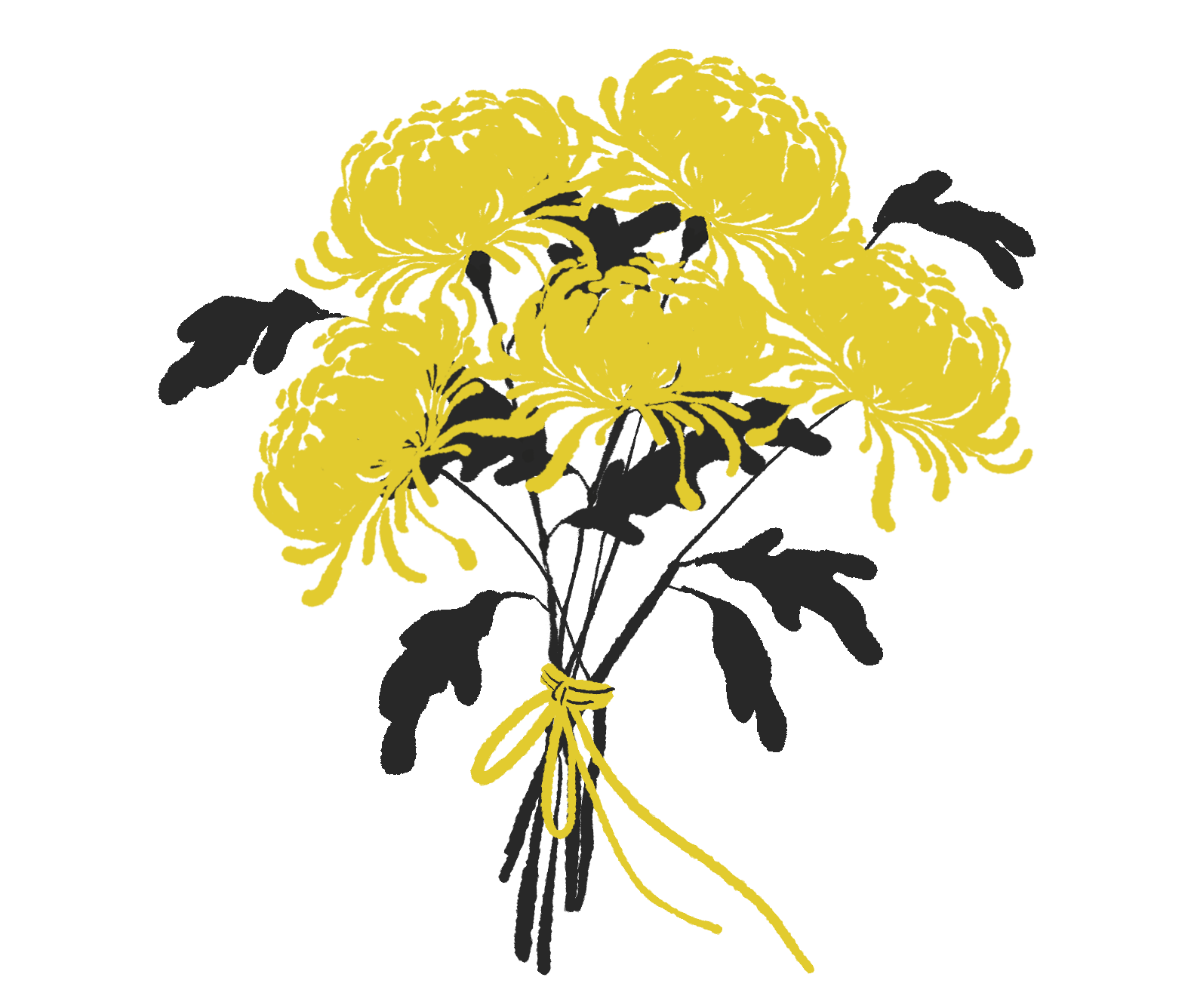
Nowadays, I know that many believers, including myself, have to wrestle with how much they should participate in traditions like Qing Ming.
We feel torn because, on one hand, we want to display filial piety and avoid discord in our families, but on the other hand, we are also uncertain about whether it honours God to engage in such practices.
How can we reconcile both sides?
Treading a fine line
I suggest we start by remembering the core of what Qing Ming is about: remembering and honouring our ancestors and family.
It helps to remember that there is actually nothing wrong with showing love and respect for our family! In fact, honouring our parents is something that pleases God.
On that note, with the right spirit and with discernment, I believe that it is possible to honour God while observing Qing Ming winsomely.
Though difficult to navigate, we should recognise that tricky situations like these can be opportunities to be salt and light in our families through our words and actions.
We will have to exercise discernment, remembering that faith must be the foundation of whatever we choose to do.
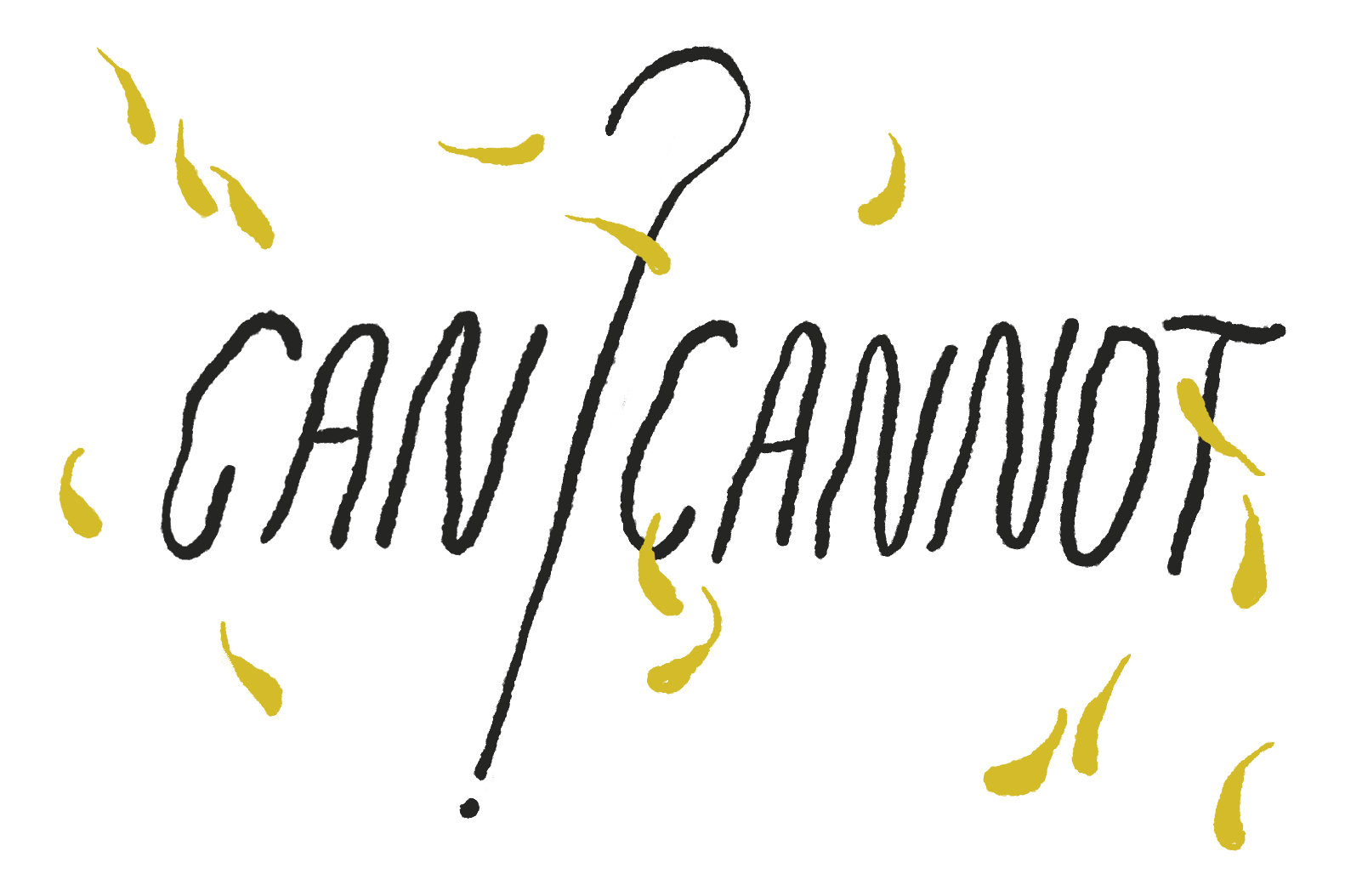
That said, we must consider if our actions will be pleasing to God.
Qing Ming often involves practices such as giving food offerings to our ancestors, lighting joss sticks and burning paper gifts that tread much more precariously on the line between what is acceptable to God and what is not.
Certain practices of Qing Ming are not just cultural but religious, and contradict our beliefs. It’s alright to acknowledge that and to choose not to engage with such practices.
Such activities are distinct from secular ones as they involve making offerings to appease wandering spirits or to pray to one’s ancestors. Mock money and paper gifts are also burned to ensure that one’s ancestors are not short of material goods after death.
The Bible tells us that ancestor worship is incompatible with God’s commandments (Exodus 20:3-6).
Ancestor worship seeks to replace Christ as the mediator between God and man; when we bow, kneel or offer up a prayer to our ancestors, that is equivalent to idolatry.
Moreover, the idea of material goods passing over into the afterlife is incompatible with God’s Word, just like the idea that the spirits of our ancestors linger on in this earth.
It’s one thing to take part in these practices with no intention of worshipping our ancestors. But the words and deeds – and our personal testimony – that are impacted by such practices, are quite another.
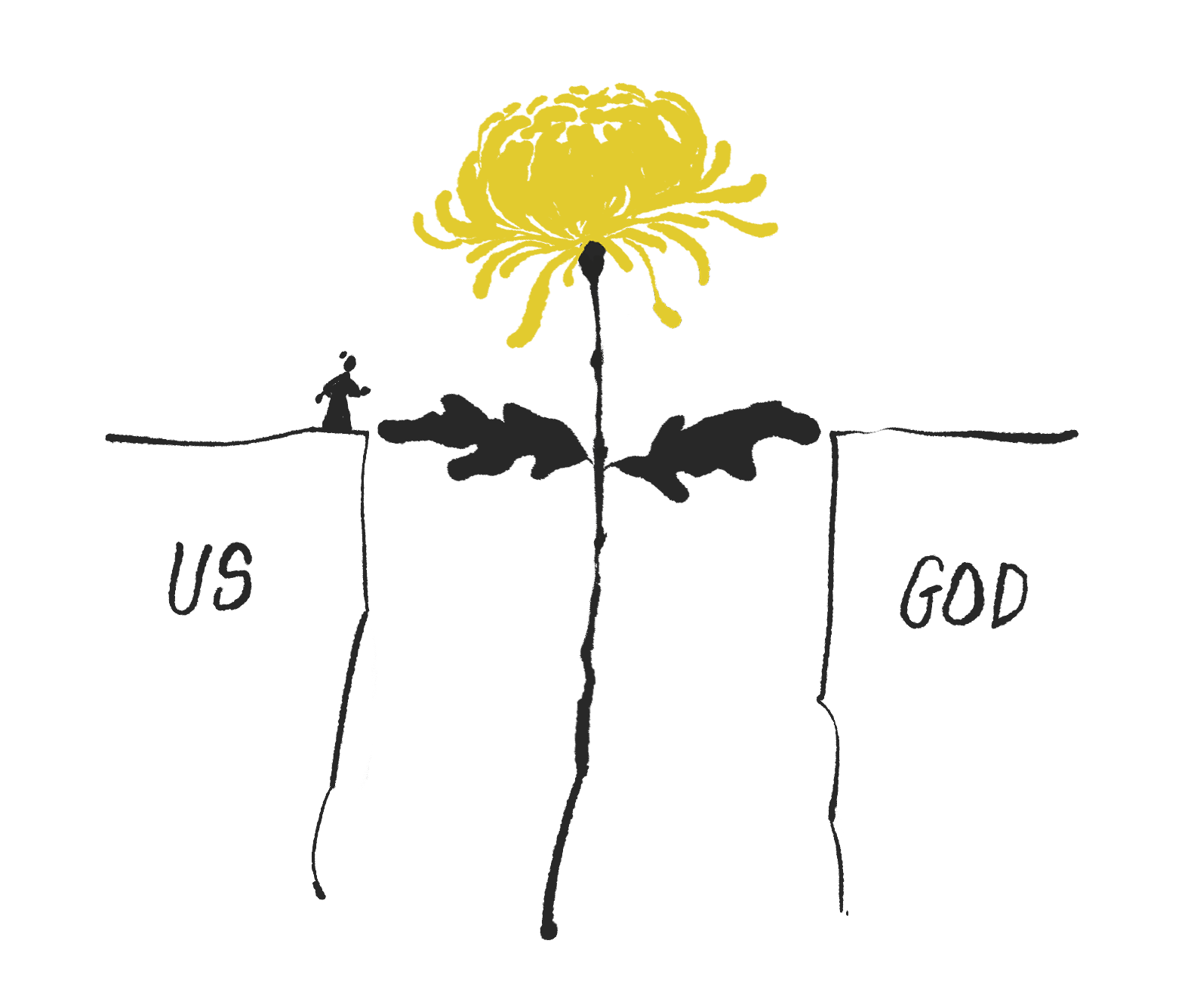
This is a line that we have to learn to walk, in other cultural events such as funerals.
During my Ah Gong’s funeral (a non-Christian one), my parents did not allow my brother and I to participate in the prayers and rituals as it involved joss sticks. We were also discouraged from wearing mourning pins as my parents were unsure at the time if those carried spiritual roots.
At the tender age of eight, I had limited understanding of why my parents did what they did. But in hindsight, I can see how my Christian parents were practising discernment as to what to allow us to participate in.
…observances that affirm any belief in the lingering presence of our deceased ancestors, their dependence on offerings from the living for sustenance, and their influence over the fate of their descendants – all these directly contradict God’s Word.
We should seek to distinguish cultural practices from religious rituals. Honouring our families is important, but not more important than honouring God.
With this in mind, observances that affirm any belief in the lingering presence of our deceased ancestors, their dependence on offerings from the living for sustenance, and their influence over the fate of their descendants – all these directly contradict God’s Word.
We need to acknowledge that and take a decision about these practices wisely and winsomely, faithful to God.
The importance of filial piety
That said, there remain many ways that we can participate in tradition and culture without compromising our beliefs.
Some suggestions include helping to clean our ancestors’ niches or tombs, or replacing wilted flowers. Our Daily Bread highlights the importance of treating our ancestor’s earthly remains with dignity.
Additionally, the Bible also emphasises the importance of one’s final resting place (Exodus 13:19). Thus, we can certainly help spruce up our ancestors’ resting places in good conscience!
Moreover, instead of offering material goods to our ancestors, we can also consider donating to charitable causes or volunteering in their honour. Remembering our family members who have passed on can also look like having a special family meal to reminisce and share stories about them.
Such gestures demonstrate to our family that we do care and desire to honour our ancestors. We show our family our love and respect, while acting in a conscionable way to our faith.
More importantly, we should continue loving and being filial to our living family members each and every day. This certainly goes further than just helping out during Qing Ming by bringing towels or umbrellas for the visit.
Our respect and love for our families shouldn’t be limited to a festival, it should be continuous. When we love our family consistently, we allow God’s love to flow through us into their lives.
The bottom line
Let’s pray for wisdom and guidance from God in all the things we do. When we are in doubt about what we should or should not do, it often boils down to two questions:
- Does this honour God?
- How does this testify to God’s love?
Asking ourselves questions like these would push us to be intentional and creative in loving our family, rather than blindly following tradition or blindly saying no.
As for me, I think I will take some time to remember my Ah Gong and how he used to carry me on his broad shoulders all around the house.
Maybe this year, I will convince my parents to join the rest of the family at the columbarium. Though we might not hold up joss sticks or give offerings, simply being present is a way to show my respect and love not just for my grandfather, but for my living relatives as well.
This Qing Ming, I pray that we will love our family and be a good testimony of God’s grace and love!
- Do you take part in Qingming? If so, why?
- What are things you might not be sure if they are appropriate for Christians to take part in?
- What are some ways in which we can honour and respect our families?


